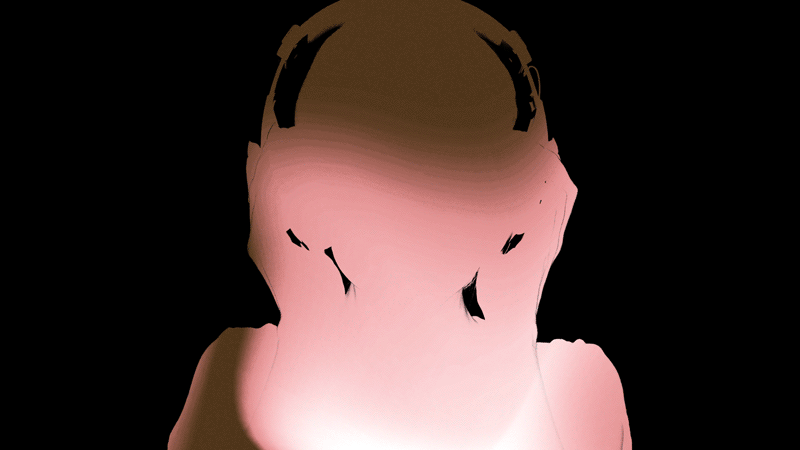“Brown noise could be more beneficial for a variety of reasons,” says Dr. Berlau. “Possibly the lower frequencies could stimulate the brain more. But [it is] more likely that brown noise is more pleasant than white and people are more likely to use it long term.” So, when you’re browsing Spotify looking for a new soundtrack to distract you, don’t be surprised if you repeatedly skip the white noise tracks for a softer, calmer brown noise option, even if they both essentially just sound like static.
Even though the clinical proof isn’t there yet, at the very least brown noise is likely to have some auditory masking effects, meaning you’re disguising or covering up some of the more unpleasant or distracting sounds within your earshot. Basically, instead of playing ambient music in the background of your daily life, swapping in brown noise might be worthwhile.
To fall asleep faster…try pink noise
Insomniacs, this might be the sound for you. For fans of white noise who crave something with a little less hiss, the lower frequency of pink noise — which some compare to the sound of rainfall with just a hint of static — could do the trick. Although the sound is slightly louder than white noise, some studies of pink noise demonstrated that it could gradually slow participants’ brain waves, helping to stabilize their sleep.
For study sessions…try green noise
Green noise is another variation on white noise that is located in the middle of the sound spectrum. As the name suggests, it is vaguely reminiscent of sounds found in nature, like a waterfall, with a more pleasing tone and less hissing than white noise. If you’ve struggled to find a white noise that makes studying or working easier, it could be time to explore a green noise alternative.
And the noise you can skip… blue noise
While the above sounds are generally rated as pleasing to the brain, blue noise is concentrated energy at the high end of the spectrum — essentially the opposite of brown noise. It’s often compared to a hissing water sound (not so soothing!) and has recently been studied for its relationship to the brain-gut axis, with little evidence that it could affect your gastric activity other than being rated as “the most annoying” compared to pink noise.
So, should you try sound therapy?
Maybe you do think your sound machine, with its deep rumbling wave sounds, is helping you catch some zzzs more easily than the void of silence in your bedroom. Or perhaps that looming deadline feels a little less stressful when a soundtrack of green noise is playing, even if you can’t measure exactly why. It’s plausible that all this is simply due to a placebo effect, but that may be helpful in itself.

